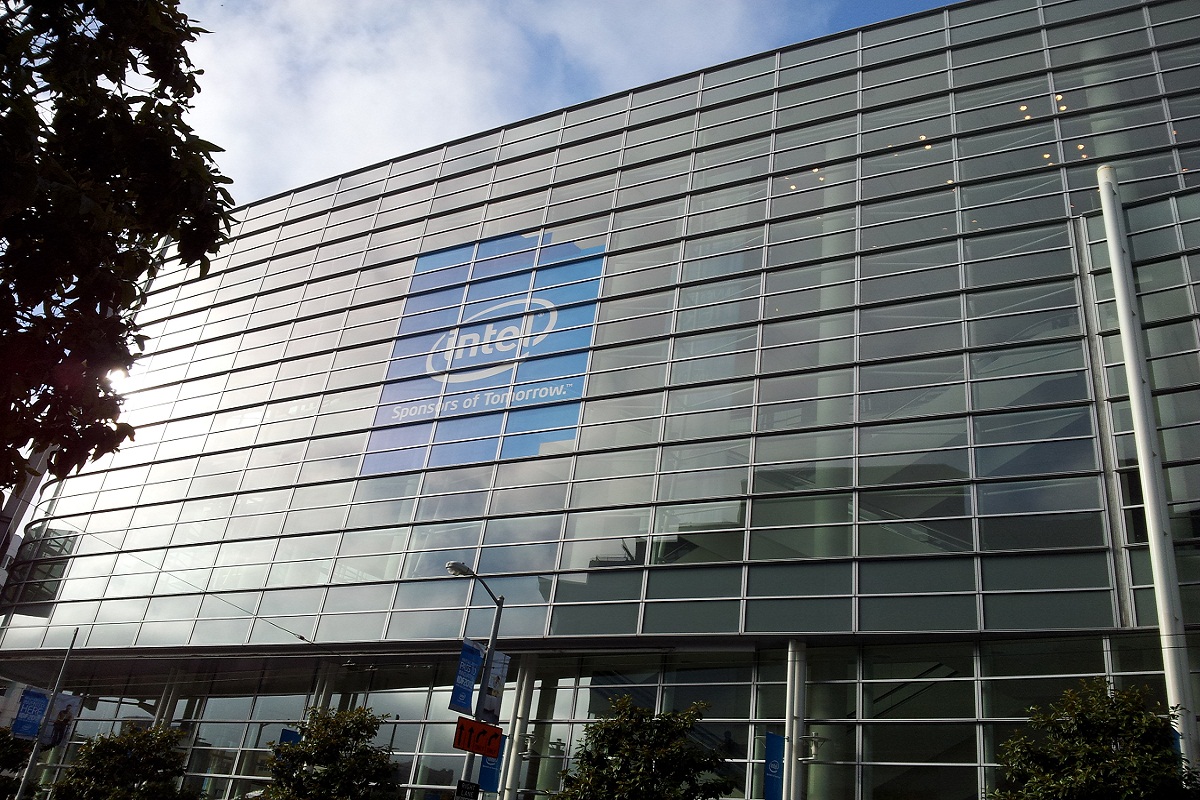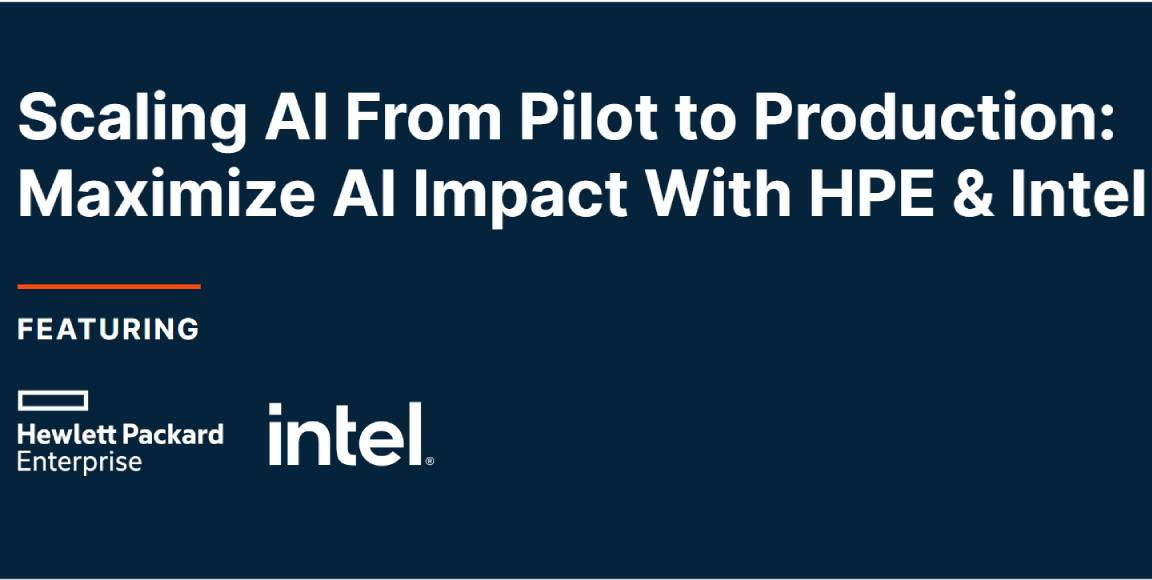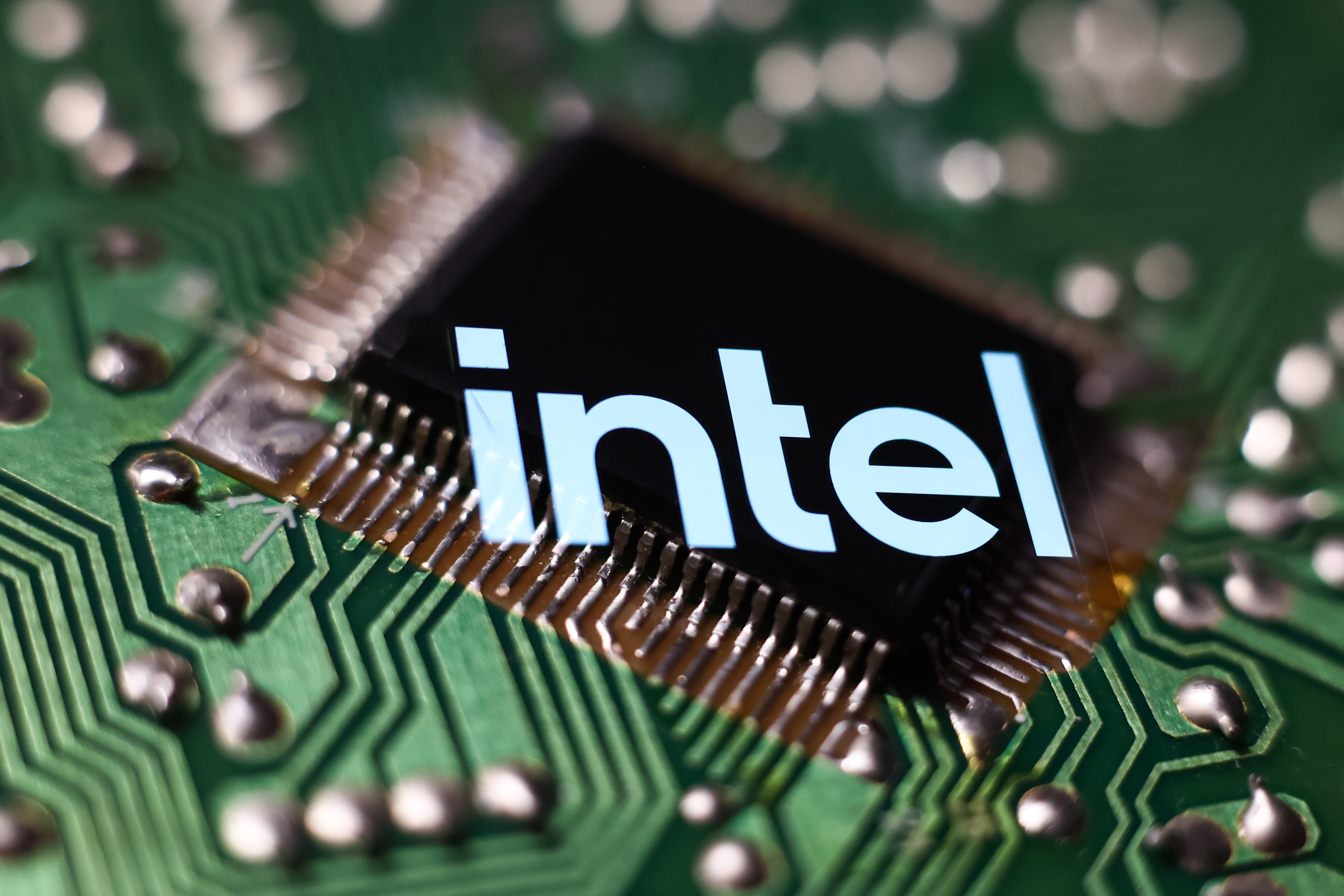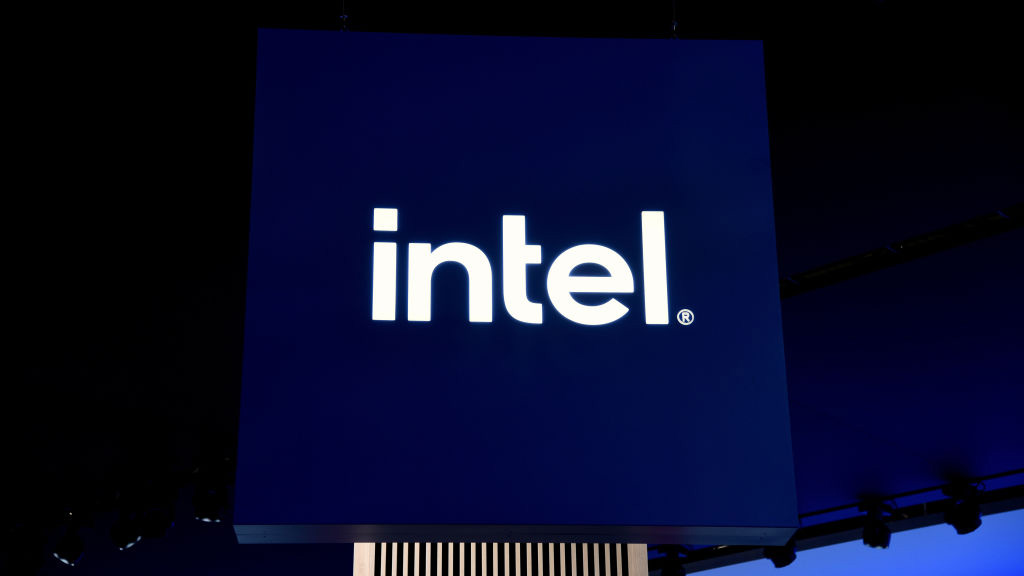IDF 2012: Intel working to eliminate need for wires and passwords
WiGig set to allow users to wirelessly dock Ultrabooks and biometrics to replace passwords.

Intel is aiming to usher in an era of wireless computing and is looking to push biometric authentication in place of passwords.
Justin Rattner, senior fellow and corporate vice president and director of Intel Lab, told attendees how the firm plans to use WiGig, a wireless standard to connect PCs, tablets and Ultrabooks without the need for wires.
The technology will use the 60GHz part of the spectrum and is expected to deliver bandwidths well over 5Gbps, Rattner claimed.
Ali Sadri, president of WiGig Alliance joined Rattner on stage to explain the benefits of the standard.
"Legacy Wi-Fi devices operate in the 2.4/5GHz spectrum, [but] the interference is high. For high demanding applications such as video, synchronisation and multi-user apps we need to move into a frequency that has a lot less interference," he said.
Sadri noted that the WiGig certification program will start mid-next year and products are expected to ship soon after.
Meanwhile, Intel is looking to offer users an alternative to traditional passwords, much like Microsoft will do with its Windows 8 picture passwords.
Get the ITPro daily newsletter
Sign up today and you will receive a free copy of our Future Focus 2025 report - the leading guidance on AI, cybersecurity and other IT challenges as per 700+ senior executives
Intel Labs is working on Client Based Authentication Technology, which uses biometrics to scan vein patterns in the palm a user's hand.
This will allow users to access devices such as a tablet or Ultrabooks by simply waving their hand in front of the sensor.
Intel is also looking to take this one step further. Not only will the biometric sensor provide access to a device, the plan is to enable users to authenticate to cloud services. In theory this will enable access to online bank account details without needing to enter a separate password.
To prevent unauthorised access to sensitive information, the system will work in conjunction with the accelerometer built into the device. When a tablet is put down, for example, the system will recognise this and will automatically lock the screen.
There is no word on the release date, but the biometric system could be debuted in 2013.
-
 Cleo attack victim list grows as Hertz confirms customer data stolen
Cleo attack victim list grows as Hertz confirms customer data stolenNews Hertz has confirmed it suffered a data breach as a result of the Cleo zero-day vulnerability in late 2024, with the car rental giant warning that customer data was stolen.
By Ross Kelly
-
 Lateral moves in tech: Why leaders should support employee mobility
Lateral moves in tech: Why leaders should support employee mobilityIn-depth Encouraging staff to switch roles can have long-term benefits for skills in the tech sector
By Keri Allan
-
 Gaining timely insights with AI inferencing at the edge
Gaining timely insights with AI inferencing at the edgeWhitepaper Business differentiation in an AI-everywhere era
By ITPro
-
 Scaling AI from pilot to production: Maximize AI impact with HPE & Intel
Scaling AI from pilot to production: Maximize AI impact with HPE & IntelWhitepaper Transform AI proof-of-concepts into full-scale implementations
By ITPro
-
 UK supercomputer boom as HPE and Dell receive funding for new AI cluster
UK supercomputer boom as HPE and Dell receive funding for new AI clusterNews The UK’s AI computing capabilities will increase by an order of magnitude in 2024
By Rory Bathgate
-
 AI gold rush continues as Hugging Face snags $235 million from IBM
AI gold rush continues as Hugging Face snags $235 million from IBMNews The investment round, which brings the company's valuation to $4.5 billion, also includes Amazon, Google, Intel, and Salesforce
By Richard Speed
-
 Why is ASUS reviving Intel’s NUC mini-PC line?
Why is ASUS reviving Intel’s NUC mini-PC line?News The diminutive PC is to rise again while analysts look for the business case
By Richard Speed
-
 Intel targets AI hardware dominance by 2025
Intel targets AI hardware dominance by 2025News The chip giant's diverse range of CPUs, GPUs, and AI accelerators complement its commitment to an open AI ecosystem
By Rory Bathgate
-
 Why aren’t factories as smart as they could be?
Why aren’t factories as smart as they could be?Whitepaper How edge computing accelerates the journey to a remarkable factory
By ITPro
-
 Who needs Intel vPro®, An Intel® Evo™ Design, anyway?
Who needs Intel vPro®, An Intel® Evo™ Design, anyway?Sponsored With flexible work on the up, the demand for high performance on-the-go business laptops has never been greater
By ITPro